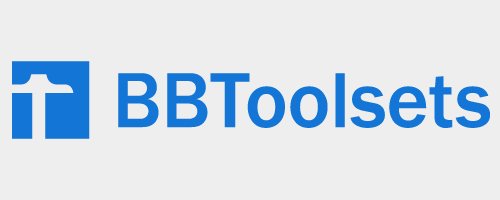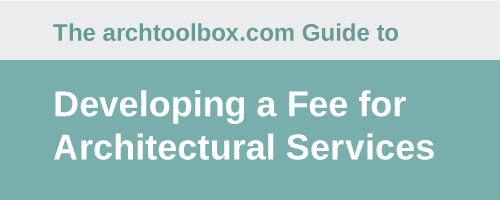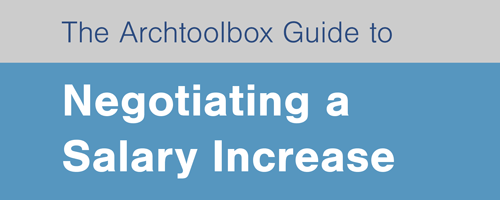Building codes are written by non-profit standards organizations. They are then incorporated into law via reference in the State building codes. Legal interpretations have always said the law cannot be copyrighted because nobody owns the law.
The Pro Codes Act, currently under consideration by Congress, attempts to allow code organizations to copyright their codes as long as they make them available for free on their websites.
This is a complicated proposal that has people within our industry fighting over which way this should go. Should building codes be protected under copyright even if they have been enacted into law? In other words, who owns the code?
The AIA supports the Pro Codes Act saying in a publication by AIA Massachusetts,
America’s codes and standards ensure public health and safety and are developed by non-profit organizations through a rigorous, resource-intensive consensus-based process. The development costs are funded by sales of the codes in digital and physical form. This system, and its substantial benefits for public safety and our economy has come under threat as several courts have refused to stop opportunists—who contribute nothing to the code development process—from copying, sometimes erroneously, codes and reselling them commercially for profit.
But some of the companies that serve architects and engineers disagree. According to UpCodes,
The bill is deceptively drafted to sound like it enhances public access to the law, but it does the opposite, it restricts access to the law and aims to give the publishers a monopoly over the law.
These publishers are trying to be the only ones who can put the law online, and to stop the law from being fully available to the people.
The proposed law doesn't just affect our industry. The tax industry, as well as any industry that has standards incorporated into the law, are also affected. Forbes covers the tax side of this and indicates,
One concerning aspect of the Pro Codes Act is its potential to create barriers to research and compliance. Taxpayers rely on clear and accessible information to fulfill their legal obligations. If portions of the tax code are copyrighted, taxpayers and professionals may face hurdles in accessing the full text of the laws they are required to follow. This could give rise to both increased compliance costs and legal uncertainty.
and they continue,
A clear example of a potential logjam created by a copyrighted law is the publication of a legal textbook. As it stands, textbook publishers needn’t be overly concerned about obtaining permissions to reproduce or discuss the full text of laws. However, if the Pro Codes Act were enacted, publishers might face new hurdles in securing copyright clearances for any standards incorporated into the law.
As a publisher, that last paragraph hits home. There are certainly some standards that architects use that aren't adopted into code so I cannot post that info on Archtoolbox because it is copyrighted. However, the building codes are not covered by copyright.
It is definitely a complicated situation, but one that may affect you at some point in the future, so it is worth thinking about this and letting your representatives and the AIA know your opinion.
US EPA to Label Low Carbon Construction Materials
The EPA is implementing a labeling program for federal projects to help reduce carbon emissions during the production of building materials. The program will initially start with steel, glass, concrete, and asphalt. One criteria for manufacturers to follow is the use of EPDs. The labels will be similar to labels you already know about, like EnergyStar and WaterSense.
Label Program for Low Embodied Carbon Construction Materials
: : :
For Hire by Project: The Freelance Architect
Architizer discusses whether freelancing will be the future for architects. We already build teams using consultants based on their expertise. It is possible that we may build teams of individual architects in the future. One day, you may be a freelance architect. There are a lot of pros and cons to this idea, but I find it interesting to consider.
Is Freelance Architecture the Future of the Industry?
: : :
On Licensure
I am a big proponent of getting licensed as soon after graduation as possible. You've heard me say it before, but life gets in the way so get licensed before that happens.
That said, many people believe that licensure is a way of excluding people from the profession. Archinect presents two interesting articles this week about licensure and exclusion.
The first article is about how California almost abolished a number of professional licenses, including for architects because "its licensing requirements are discriminatory and certainly excessive and their value, insofar as State regulatory interests are concerned, seems negligible."
When California Tried to Abolish Architectural Licensure
The second article is from the UK about how their licensure process (which is very similar to ours in the US) hasn't changed in 50 years, but they are making changes to "broaden access to the profession and broaden the profession itself." These changes may, one day, help reform the US licensure process.
UK Architectural Licensure Had Not Changed in 50 Years. Until Now.
: : :
2024 Women in Architecture Awards
Architectural Record announced their 2024 Women in Architecture Award winners.
Meet the 2024 Women in Architecture Award Winners (alternate link)


